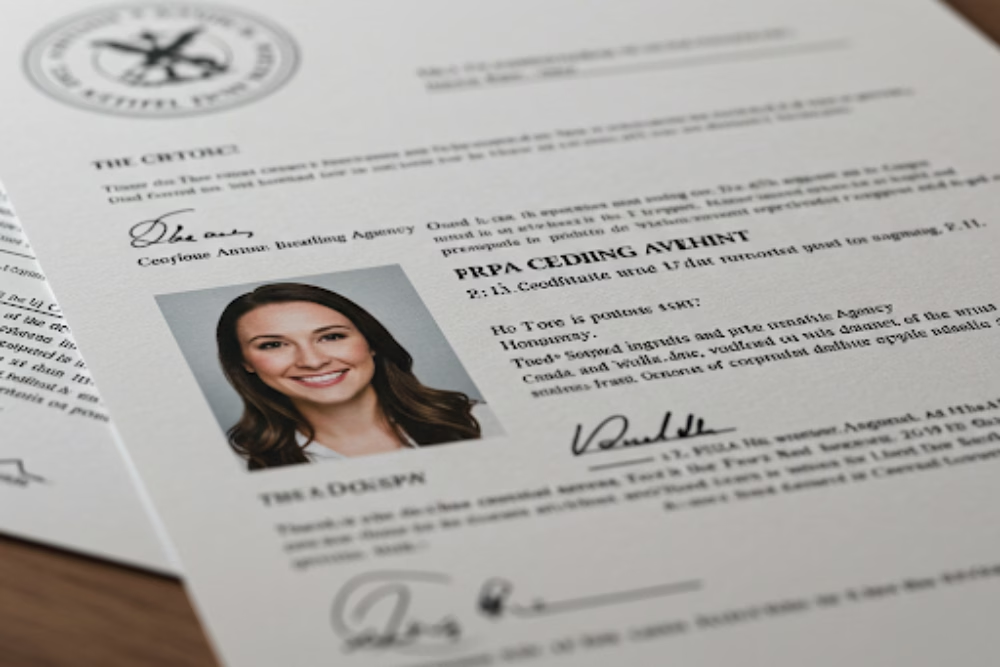Negotiating insurance contracts can feel like navigating a minefield, but it’s crucial for the financial health of your healthcare practice. Stronger contracts translate to better reimbursement rates and ultimately, a healthier bottom line. This guide provides a step-by-step approach and best practices to help you secure the best possible terms.
Why Negotiation Matters
Insurance contracts are the financial backbone of your practice. They dictate how much you get paid for your services. Since payers often reimburse less than your billed amount, effective negotiation is key to maximizing revenue and ensuring the long-term sustainability of your practice.
7 Steps to Successful Insurance Contract Negotiation
- Do Your Homework: Before entering any negotiation, arm yourself with data. Research current cost trends for your services, understand market rates in your area, and analyze your practice’s financial performance, including patient volume and the cost of delivering care.
- Know Your Services: Compile a list of the most frequent services and procedures you provide. This will serve as a handy reference during negotiations.
- Review Existing Contracts: If you’re renewing a contract, scrutinize the existing terms. Identify areas for improvement in reimbursement rates, service coverage, claim processing times, and any clauses impacting profitability.
- Initiate Contact: Clearly communicate your intentions to renegotiate with the payer. Be proactive and schedule a meeting to discuss your concerns and objectives.
- Negotiate for Win-Win Solutions: Approach the negotiation with a collaborative mindset. Aim for mutually beneficial terms and be prepared to compromise where necessary.
- Formalize the Agreement: Once negotiations conclude, ensure all agreed-upon terms are documented in a formal written contract.
- Review and Seek Legal Counsel: Thoroughly review the final contract before signing. Don’t hesitate to seek legal assistance to ensure it aligns with your goals and protects your interests.
Best Practices for Effective Negotiation
- Set Clear Goals: Define your desired outcomes before negotiations begin. What specific improvements in reimbursement rates or contract terms are you aiming for?
- Data is Your Ally: Support your arguments with compelling data. Present metrics like monthly patient volume, successful treatment rates, high-volume procedures, and average service costs to strengthen your case.
- Look Beyond Rates: While reimbursement rates are crucial, explore other areas for improvement, such as timely claim processing, reduced administrative burdens, and clearer contract language.
- Highlight Your Value: Emphasize the unique value your practice brings to the payer’s network. Showcase your expertise, patient satisfaction rates, and commitment to quality care.
- Know When to Walk Away: If the offered terms don’t meet your needs and profitability goals, be prepared to walk away from the negotiation table.
- Maintain Open Communication: Foster a collaborative relationship with the payer through open and honest communication.
- Consider Outsourcing: If contract negotiations feel overwhelming, consider outsourcing to experts who specialize in this area.
- Stay Informed: Keep abreast of industry trends, regulatory changes, and payer policies that may impact your contracts.
Need Help Navigating the Complexities of Insurance Contracts?
eClinicAssist offers expert guidance and support to optimize your insurance contracts and maximize revenue. Contact us today for a free consultation!







